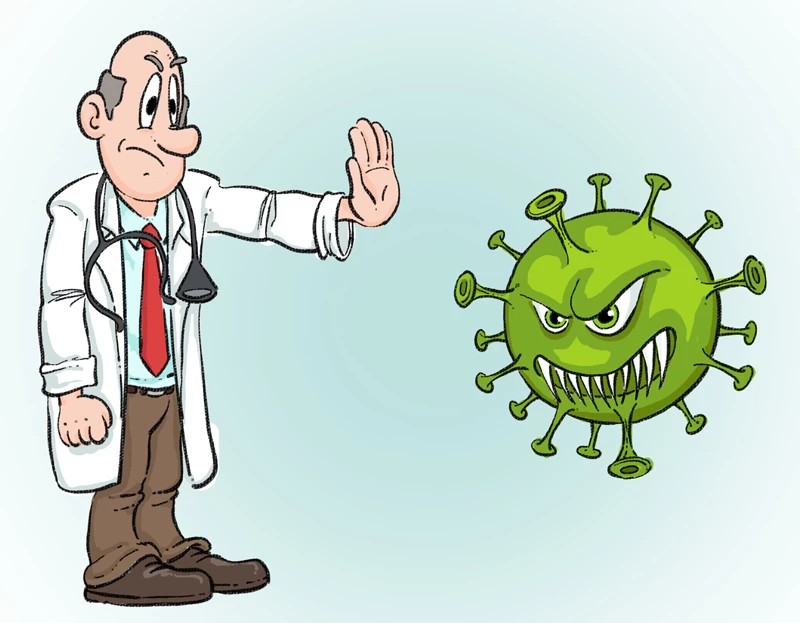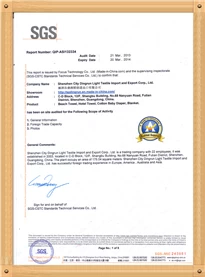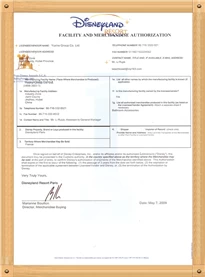Wuhan enhances virus monitoring
Leon Li
2020-01-16 09:50:38
The possibility of human-to-human transmission of a new virus that has caused 41 pneumonia cases in Wuhan, Hubei province, cannot be ruled out, although the risk of widespread transmission between humans is low, local authorities said on Wednesday.
Authorities in the capital of the province have intensified monitoring and search efforts in hospitals and clinics across the city to identify suspected cases, Wuhan Health Commission said in a statement released early on Wednesday.
Investigations have uncovered no clear evidence that the new coronavirus could be transmitted between human beings, and experts are conducting further research into the virus, the statement said.
Most of the 41 confirmed cases occurred in males and middle-aged or elderly people. Symptoms mostly seen in the early stage of the disease are fever and coughing, and those patients in serious condition are mostly elderly or those with other diseases, the commission said.
One of the cases involved a man employed at a seafood market in the city. His wife, who got sick following him, denied having been to the market, the commission said. Local authorities closed the market, a suspected source of the outbreak after reports of the outbreak last month.
A Wuhan resident was diagnosed with the virus in Thailand and is in a stable condition, and authorities in the city have put all people who have had close contact with the patient under observation, and no abnormalities have been found, the commission said.
As of Tuesday night, seven people confirmed to have been ill from the virus had been cured and released from the hospital, six in critical condition, one had died and the remainder were in stable condition. All the patients under treatment were in designated medical institutions in the city and quarantine measures had been taken, the commission said on Tuesday night.
Close contact
Also as of Tuesday night, the city had tracked 763 people who had close contact with patients, such as cohabitants and medical workers who did not take effective precautions when giving them diagnosis and treatment. The medical observation had been terminated with 450 of them, and the remaining 313 were still under observation. None had been found to be infected, the commission said.
The outbreak was first reported last month in Wuhan. Researchers said last week that the outbreak was caused by a new coronavirus and ruled out that it was a new SARS-severe acute respiratory syndrome-outbreak.
Measures recommended by the World Health Organization to prevent spread of the infection include regular hand washing, covering the mouth and nose when coughing and sneezing, thoroughly cooking meat and eggs, and avoiding close contact with anyone showing respiratory illness symptoms such as coughing and sneezing.
Investigations continue
The WHO said in a statement on Monday that after the recent case in Thailand, "the possibility of cases being identified in other countries was not unexpected", adding that active monitoring and preparedness in other countries are needed.
"The genetic sequencing shared by China enables more countries to rapidly diagnose patients," it said. The WHO said it was essential that investigations continue in China to identify the source of the outbreak and any animal reservoirs or intermediate hosts.
Wang Yuedan, an immunology professor at Peking University's Health Science Center, said despite the possibility of limited human-to-human transmission of the new virus, large-scale spreading of the disease is unlikely.
"The existing control and prevention measures adopted by health authorities are very strict," he said. "Local authorities quarantined people who had close contact with the patients from the start, which guards against the risks of human-to-human transmission."
"I think the risk of the disease spreading is controllable and chances of massive, worldwide spread are not high."
Authorities in the capital of the province have intensified monitoring and search efforts in hospitals and clinics across the city to identify suspected cases, Wuhan Health Commission said in a statement released early on Wednesday.
Investigations have uncovered no clear evidence that the new coronavirus could be transmitted between human beings, and experts are conducting further research into the virus, the statement said.
Most of the 41 confirmed cases occurred in males and middle-aged or elderly people. Symptoms mostly seen in the early stage of the disease are fever and coughing, and those patients in serious condition are mostly elderly or those with other diseases, the commission said.
One of the cases involved a man employed at a seafood market in the city. His wife, who got sick following him, denied having been to the market, the commission said. Local authorities closed the market, a suspected source of the outbreak after reports of the outbreak last month.
A Wuhan resident was diagnosed with the virus in Thailand and is in a stable condition, and authorities in the city have put all people who have had close contact with the patient under observation, and no abnormalities have been found, the commission said.
As of Tuesday night, seven people confirmed to have been ill from the virus had been cured and released from the hospital, six in critical condition, one had died and the remainder were in stable condition. All the patients under treatment were in designated medical institutions in the city and quarantine measures had been taken, the commission said on Tuesday night.
Close contact
Also as of Tuesday night, the city had tracked 763 people who had close contact with patients, such as cohabitants and medical workers who did not take effective precautions when giving them diagnosis and treatment. The medical observation had been terminated with 450 of them, and the remaining 313 were still under observation. None had been found to be infected, the commission said.
The outbreak was first reported last month in Wuhan. Researchers said last week that the outbreak was caused by a new coronavirus and ruled out that it was a new SARS-severe acute respiratory syndrome-outbreak.
Measures recommended by the World Health Organization to prevent spread of the infection include regular hand washing, covering the mouth and nose when coughing and sneezing, thoroughly cooking meat and eggs, and avoiding close contact with anyone showing respiratory illness symptoms such as coughing and sneezing.
Investigations continue
The WHO said in a statement on Monday that after the recent case in Thailand, "the possibility of cases being identified in other countries was not unexpected", adding that active monitoring and preparedness in other countries are needed.
"The genetic sequencing shared by China enables more countries to rapidly diagnose patients," it said. The WHO said it was essential that investigations continue in China to identify the source of the outbreak and any animal reservoirs or intermediate hosts.
Wang Yuedan, an immunology professor at Peking University's Health Science Center, said despite the possibility of limited human-to-human transmission of the new virus, large-scale spreading of the disease is unlikely.
"The existing control and prevention measures adopted by health authorities are very strict," he said. "Local authorities quarantined people who had close contact with the patients from the start, which guards against the risks of human-to-human transmission."
"I think the risk of the disease spreading is controllable and chances of massive, worldwide spread are not high."

The above news was excerpted from china daily by China towel supplier Shenzhen City Dingrun Light Textile Import and Export Corp.Ltd, a company specialized in producing baby diapers, baby bibs, beach towel, blankets, bath towels, tea towels, compressed towels, microfiber towels etc.
















